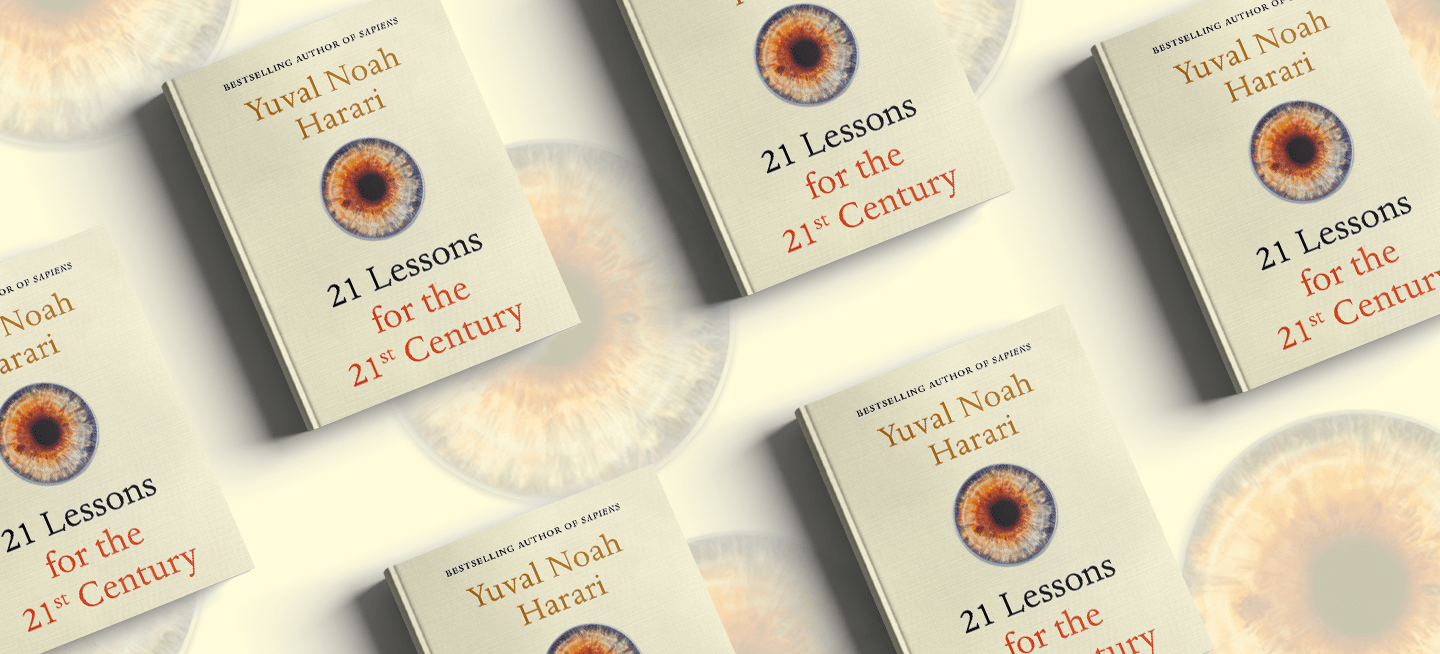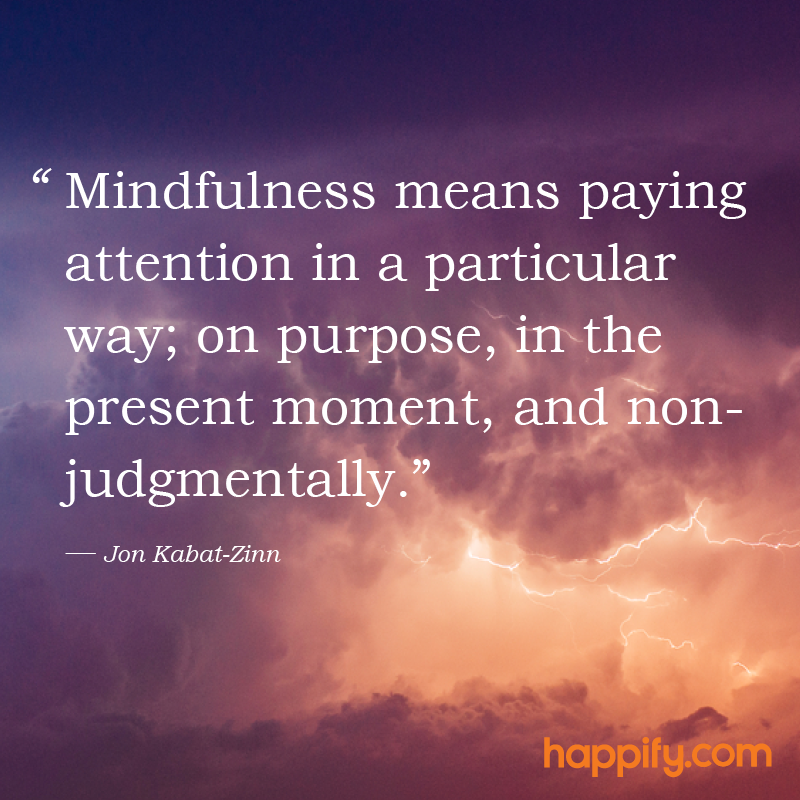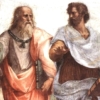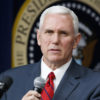【21世紀の諸問題】ビル・ゲイツ氏によるユヴァル・ハラリ新著書評
当サイトでちょくちょく紹介している歴史家ユヴァル・ノア・ハラリ氏が3冊目の本を出版した。今回はその書評をビル・ゲイツ氏が寄せているので紹介しよう。

What Are the Biggest Problems Facing Us in the 21st Century? By Bill Gates
過去と未来を問うたハラリ氏が現在を問う著作
The human mind wants to worry. This is not necessarily a bad thing — after all, if a bear is stalking you, worrying about it may well save your life. Although most of us don’t need to lose too much sleep over bears these days, modern life does present plenty of other reasons for concern: terrorism, climate change, the rise of A.I., encroachments on our privacy, even the apparent decline of international cooperation.
In his fascinating new book, “21 Lessons for the 21st Century,” the historian Yuval Noah Harari creates a useful framework for confronting these fears. While his previous best sellers, “Sapiens” and “Homo Deus,” covered the past and future respectively, his new book is all about the present. The trick for putting an end to our anxieties, he suggests, is not to stop worrying. It’s to know which things to worry about, and how much to worry about them. As he writes in his introduction: “What are today’s greatest challenges and most important changes? What should we pay attention to? What should we teach our kids?”
人間は心配性だが必ずしも悪いことではない。熊が近づいてきたとき、心配が命を守ってくれるかもしれない。現代は熊に襲われるのが恐くて眠られない時間は減ったが、心配の種は尽きない。テロに気候変動、人工知能の台頭にプライバシー侵害、果ては国際協力の退潮の気配。
歴史学者のユヴァル・ノア・ハラリはこうした心配事についての有用な枠組みを、魅力的な新著 “21 Lessons for the 21st Century” の中で提示してくれる。彼はベストセラー『サピエンス全史』では過去を、『ホモデウス』では未来を扱ってきたが、今回は丸ごと現在を扱っている。ハラリによれば、心配をやめるコツは心配をしつづけることだそうだ。序章で彼が書いているように「現代の最大の難問は何か?最も重大な変化は何か?何に注意を払うべきか?子ともに何を教えるべきか?」。つまり、何をどう心配すべきなのか知ることが大事なのだ、と。
諸問題の処方箋ではなく枠組みの提示
These are admittedly big questions, and this is a sweeping book. There are chapters on work, war, nationalism, religion, immigration, education and 15 other weighty matters. But its title is a misnomer. Although you will find a few concrete lessons scattered throughout, Harari mostly resists handy prescriptions. He’s more interested in defining the terms of the discussion and giving you historical and philosophical perspective.
この本が扱っている心配事は確かに大問題ばかりで、本書は見事な問題洗い出しの書になっている。仕事、戦争、ナショナリズム、宗教、移民、教育、その他15個の重大問題に、それぞれひとつの章が割かれている。しかし、書名は誤解を生む。ハラリはところどころに具体的な教訓を書き記しているが、基本的にはお手軽な処方箋の提示に慎重だ。彼の関心はむしろ議論の前提や枠組みを示し、読者に歴史的、哲学的見通しを与えることの方にあるからだ。
グローバル化の成果
He deploys, for example, a clever thought experiment to underscore how far humans have come in creating a global civilization. Imagine, he says, trying to organize an Olympic Games in 1016. It’s clearly impossible. Asians, Africans and Europeans don’t know that the Americas exist. The Chinese Song Empire doesn’t think any other political entity in the world is even close to being its equal. No one even has a flag to fly or anthem to play at the awards ceremony.
たとえば、人類がいかにグローバルな文明を築いたかを強調するため、ハラリは気の利いた思考実験を提示する。西暦1016年にオリンピックを開けるか考えてほしいという。明らかに無理だ。アジア人もアフリカ人もヨーロッパ人もアメリカの存在を知らなかった。中国の宋帝国は己に匹敵する存在が地球上にあるとは思っていなかった。授賞式で靡かせる旗もなければ演奏する国家もなかった。
The point is that today’s competition among nations — whether on an athletic field or the trading floor — “actually represents an astonishing global agreement.” And that global agreement makes it easier to cooperate as well as compete. Keep this in mind the next time you start to doubt whether we can solve a global problem like climate change. Our global cooperation may have taken a couple of steps back in the past two years, but before that we took a thousand steps forward.
彼が言いたいのは、国家間の競争が運動場であれ金融取引所であれ、「実際には驚くべき規模で世界的な合意が存在する」ということだ。国際的な合意があるから競争もできれば協力もできるのである。気象変動など地球規模の課題は本当に解決できるか疑問に思い始めたときは、このことを思い起こすべきだろう。この二年の間に国際協調は二歩ほど後退したが、それはこの先の千歩の前進の先ぶれに過ぎない。
悲観論はどこから生まれるのか?
So why does it seem as if the world is in decline? Largely because we are much less willing to tolerate misfortune and misery. Even though the amount of violence in the world has greatly decreased, we focus on the number of people who die each year in wars because our outrage at injustice has grown. As it should.
それなのに、どうして世界は衰退に向かうように見えるのだろう?大部分は昔より不運や悲惨への堪え性がないせいだ。暴力の絶対量は激減しているのに、なぜ毎年戦闘で失われれる命の数に執着するのか?不正への怒りが強まっているからだ。それは健全な傾向である。
情報の海で溺れないためにどうすればいいか?
Here’s another worry that Harari deals with: In an increasingly complex world, how can any of us have enough information to make educated decisions? It’s tempting to turn to experts, but how do you know they’re not just following the herd? “The problem of groupthink and individual ignorance besets not just ordinary voters and customers,” he writes, “but also presidents and C.E.O.s.” That rang true to me from my experience at both Microsoft and the Gates Foundation. I have to be careful not to fool myself into thinking things are better — or worse — than they actually are.
ハラリはまた別の心配を扱っている。どんどん複雑化していく世界にあって、私たちひとりひとりはどうすれば正しい知識を得て、正しい判断を下せるか?専門家に頼りたい誘惑にかられるが、専門家が人の意見に合わせていないという確証は持てるか? 「集団思考と個人の無知は、一般有権者や消費者だけの問題ではない」とハラリは言う。「大統領や企業経営者の問題でもある」。マイクロソフトとゲイツ財団の運営経験から見て、これは真実だ。自分で自分に騙されて、事態を実際よりも良くも悪くも見誤らないように注意しなければいけないと感じる。
瞑想のススメ
What does Harari think we should do about all this? Sprinkled throughout is some practical advice, including a three-prong strategy for fighting terrorism and a few tips for dealing with fake news. But his big idea boils down to this: Meditate. Of course he isn’t suggesting that the world’s problems will vanish if enough of us start sitting in the lotus position and chanting om. But he does insist that life in the 21st century demands mindfulness — getting to know ourselves better and seeing how we contribute to suffering in our own lives. This is easy to mock, but as someone who’s taking a course on mindfulness and meditation, I found it compelling.
ハラリはこのことをどう考えているか?そこかしこに実践的なヒントがちりばめられている。たとえば、テロと戦うのための三方面戦略、フェイクニュースの扱い方。しかし彼の最大のおすすめはつまるところ瞑想、これに尽きる。いうまでもなく、十分の多数者が蓮の座に坐ってオームを唱え始めれば、世界の問題が消えてなくなるなどと彼は言っているわけではない。彼が強調したいのは、21世紀に生きるにはマインドフルネス(念、気づき)が必要だということだ。己をよりよく知ることを通じて、日々の生活の中で苦悩を和らげる方法を知るのである。こうしたことを笑うのは簡単だが、マインドフルネスと瞑想のコースを実践している身としては、このアドバイスは大いに心に響いた。
パーリ語サーティ(sati)、サンスクリット語smrtiの翻訳概念。自分の身に今起きていることに意識を集中させて、自分の感情・思考・感覚を冷静に認識して、現実を受け入れること。仏道修行における七覚支の第一「念覚支」、八正道の第七「正念」に相当。

ハラリへの注文:データは本当に土地より重要になるのか?
As much as I admire Harari and enjoyed “21 Lessons,” I didn’t agree with everything in the book. I was glad to see the chapter on inequality, but I’m skeptical about his prediction that in the 21st century “data will eclipse both land and machinery as the most important asset” separating rich people from everyone else. Land will always be hugely important, especially as the global population nears 10 billion. Meanwhile, data on key human endeavors — how to grow food or produce energy, for example — will become even more widely available. Simply having information won’t offer a competitive edge; knowing what to do with it will.
私はハラリを敬愛し、”21 Lessons for the 21st Century” を楽しみながら読んだが、彼の書いていることにすべて同意したわけではない。不平等に関する章があるのはうれしかった。そこで彼は21世紀中に「データが土地と機械の地位を奪い、最重要な資産になる」、そしてデータを掌握する金持ちとそうでない人たちの差が広がると予測しているのだが、私はそう思わない。土地はいつも非常に重要な資産だ。とくに世界の人口が100億人に近づくなか土地の重要性が減るとは思えない。また、食糧増産やエネルギー生産といった、重要な人間活動に関するデータは、いまより多くの人や場所で利用されるようになる。そのとき競争優位性を決めるのは単に情報を所有していることではなく、情報を使いこなす力である。

ハラリへの注文:データ論にもっとニュアンスを
Similarly, I wanted to see more nuance in Harari’s discussion of data and privacy. He rightly notes that more information is being gathered on individuals than ever before. But he doesn’t distinguish among the types of data being collected — the kind of shoes you like to buy versus which diseases you’re genetically predisposed to — or who is gathering it, or how they’re using it. Your shopping history and your medical history aren’t collected by the same people, protected by the same safeguards or used for the same purposes. Recognizing this distinction would have made his discussion more enlightening.
同様に、データとプライバシーに関する議論においても、もっと繊細な想定をもとに考察してほしいと感じた。今後かつてない細かな個人情報が収集されるようになるのは正しい認識だが、たとえば、彼はどんな種類のデータが収集されるかを考慮していない。購入したい靴のデータなのか、遺伝疾患の素因についてのデータなのか。そしてそうしたデータを誰が集め、どうのように利用するのか。購買履歴と病歴を集めるのは同じ人ではないだろう。データの機密を守るのも同じ人ではあるまい。利用目的も様々だろう。こうしたきめの細かいニュアンス伴えば、彼の議論はもっと啓発的になったはずだ
ハラリへの注文:コミュニティ論での踏み込み
I was also dissatisfied with the chapter on community. Harari argues that social media including Facebook have contributed to political polarization by allowing users to cocoon themselves, interacting only with those who share their views. It’s a fair point, but he undersells the benefits of connecting family and friends around the world. He also creates a straw man by asking whether Facebook alone can solve the problem of polarization. On its own, of course it can’t — but that’s not surprising, considering how deep the problem cuts. Governments, civil society and the private sector all have a role to play, and I wish Harari had said more about them.
コミュニティに関する章にも不満がある。ハラリは、フェイスブックなどのソーシャルメディアが、ユーザーをコクーンに引きこもらせ、自分と似た考えの持ち主とだけ交流する傾向を加速させた。その結果、政治的分極化(分断)を助長したと論じる。それはフェアな観点だが、ソーシャルメディアが世界中の家族や友人を結びつけた功績を過小評価している。ハラリは、フェイスブックが単独で政治分断の問題を解消できるかと問うのだが、それは論点のすり替えだろう。もちろんフェイスブックだけで解決できるはずがない。事の重大さや深刻さを考えれば、驚くに当たらない。政府、市民社会、民間部門それぞれに果たすべき役割があるはずだ。ハラリはそれぞれについてもっと踏み込んだ議論ができたのではないか。
ハラリの持続する問題意識
But Harari is such a stimulating writer that even when I disagreed, I wanted to keep reading and thinking. All three of his books wrestle with some version of the same question: What will give our lives meaning in the decades and centuries ahead? So far, human history has been driven by a desire to live longer, healthier, happier lives. If science is eventually able to give that dream to most people, and large numbers of people no longer need to work in order to feed and clothe everyone, what reason will we have to get up in the morning?
しかし賛成しない部分であっても私は読み続け、考え続けたいと感じた。ハラリはそういう刺激的な書き手だ。彼が出版した3つの本はかたちを変え、つねに同じ問題と格闘している。これから数十年先、数世紀先の人生に意味を与えるものは何か?人類史はこれまで、より長く、より健康で、より幸せに行きたいという欲望によって駆動されてきた。科学がついに大半の人の夢を叶えたとき、彼らの多くが家族に食事や衣服を与えるために働く必要がなくなったとき、それでも私たちが朝起きなければいけない理由は何だろう?
It’s no criticism to say that Harari hasn’t produced a satisfying answer yet. Neither has anyone else. So I hope he turns more fully to this question in the future. In the meantime, he has teed up a crucial global conversation about how to take on the problems of the 21st century.
ハラリが満足のいく答えを出していないというのはまったく批判ではない。そんな答えは誰も持っていない。彼には将来、彼の格闘している問題にもっと本格的に取り組んでほしいと思う。その前に、彼は21世紀の重大な問題を見事な手さばきで議論の俎上に乗せてくれたわけである。
<引用記事終了>








ディスカッション
コメント一覧
まだ、コメントがありません